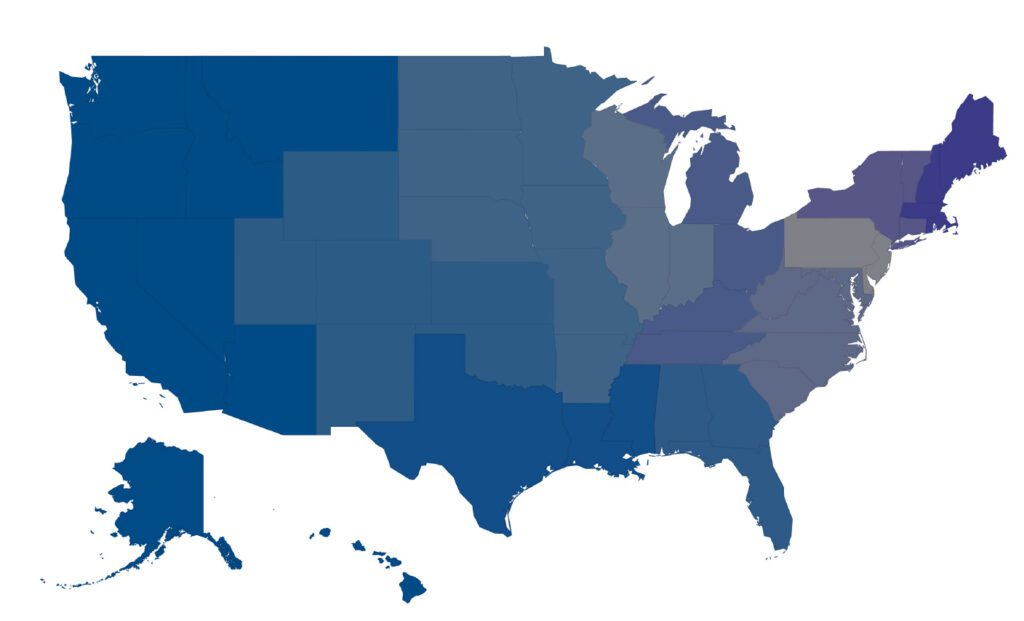Rhode Island
Rhode Island Superior Court Rules of Civil Procedure – Rule 62(d)
“(d) Stay Upon Appeal. When an appeal is taken the appellant by giving a supersedeas bond may obtain a stay subject to the exceptions contained in subdivision (a) of this rule. The bond may be given at or after the time of filing the notice of appeal or of procuring the order allowing the appeal, as the case may be. The stay is effective when the supersedeas bond is approved by the court. The requirement of a supersedeas bond shall not apply to the State of Rhode Island in cases in which it is the appellant.”
R.I. Gen. Laws § 42-133-11.1
“(a) In order to secure and protect the monies to be received as a result of the Master Settlement Agreement, as defined in § 42-133-3 of this chapter, in civil litigation under any legal theory involving a signatory, a successor of a signatory, or an affiliate of a signatory to the Master Settlement Agreement, the supersedeas bond to be furnished in order to stay the execution of the judgment during the entire course of appellate review shall be set in accordance with applicable laws or court rules, except that the total supersedeas bond in any one case that is required of all appellants collectively shall not exceed fifty million dollars ($50,000,000) regardless of the value of the judgment. The limitation on the amount of the bond set out in this section does not apply to awards resulting from actions enforcing payments under the Master Settlement Agreement, as defined in § 42-133-3 of this chapter.
(b) Notwithstanding subsection (a), if an appellee proves by a preponderance of the evidence that an appellant is dissipating assets outside the ordinary course of business to avoid payment of a judgment, a court may require the appellant to post a supersedeas bond in an amount up to the total amount of the judgment.”

**In Federal cases the bond requirement is governed by Federal Rule of Civil Procedure “62(b) Stay by Bond or Other Security. At any time after judgment is entered, a party may obtain a stay by providing a bond or other security. The stay takes effect when the court approves the bond or other security and remains in effect for the time specified in the bond or other security.”**
The information contained on our site is for general information purposes, and you should consult with your attorney for the most up to date civil code or local rule that applies to your case.
Choose the State...
Experience the CSBA Difference today
Expert Guidance • First-Class Service • More Options








